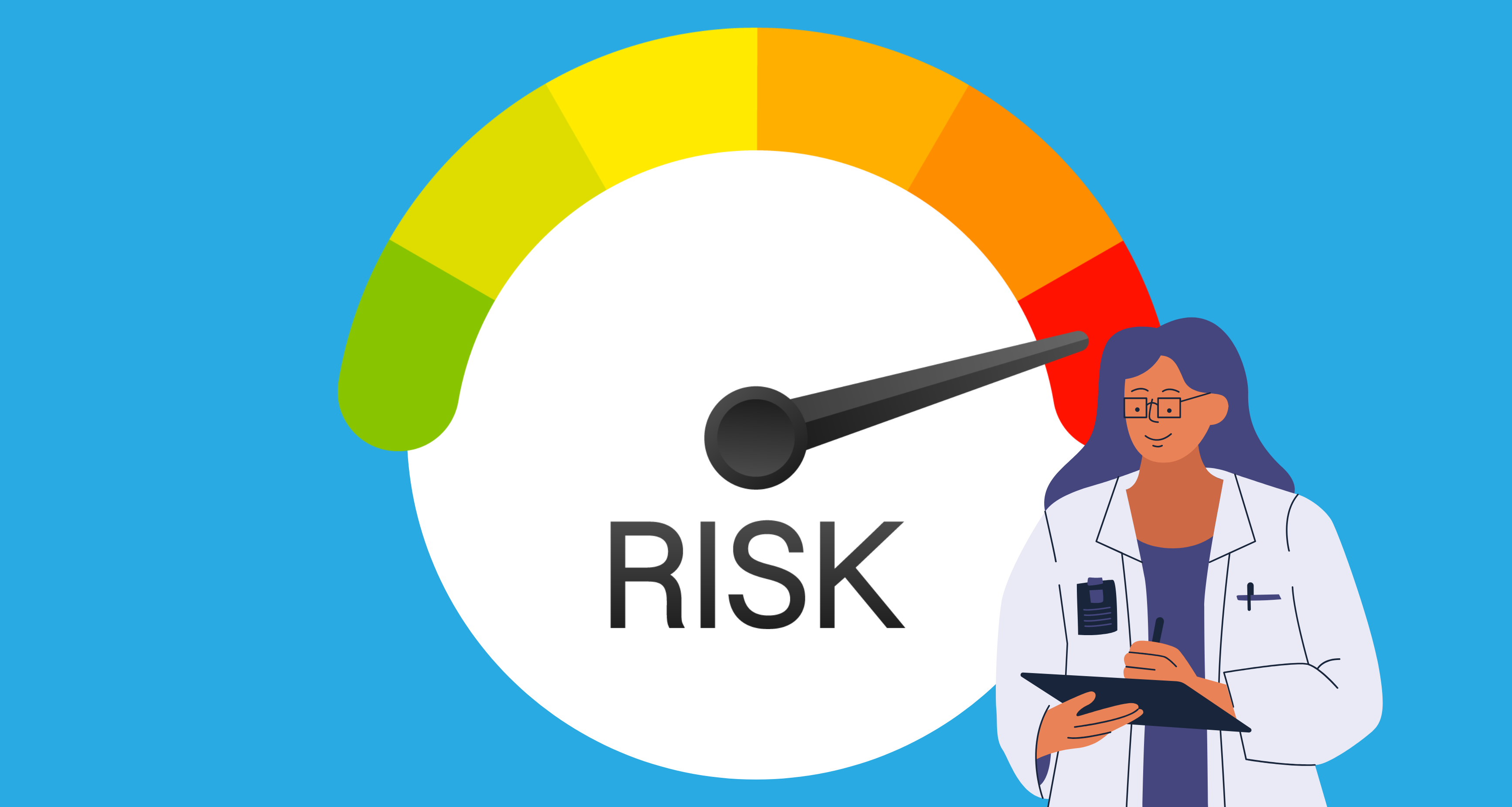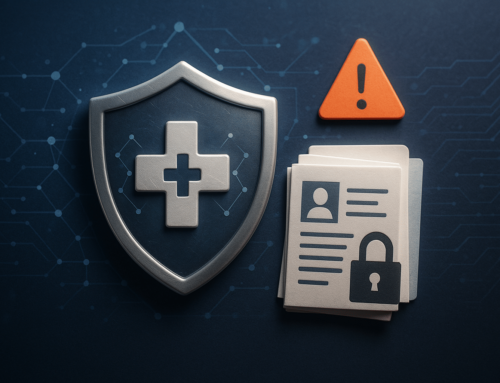
Compliance is a critical aspect of the healthcare industry. It ensures that healthcare providers, organizations, and professionals adhere to laws, regulations, and ethical standards while delivering quality care to patients. However, there are several high-risk areas where compliance issues can arise, potentially leading to legal troubles and compromised patient safety. In this article, we will delve into these risk areas and explore the importance of effective risk management and compliance strategies in healthcare.
1. Privacy and Data Security
Privacy breaches and data security incidents are becoming increasingly common in the healthcare industry. With the digitalization of patient records and the use of electronic health systems, protecting sensitive information has become a significant challenge. Compliance with regulations, such as HIPAA (Health Insurance Portability and Accountability Act), is critical in safeguarding patient privacy. Failure to adequately protect patient data can result in hefty fines, legal actions, and reputational damage.
2. Billing and Coding Practices
Billing and coding errors are another area where compliance issues can arise. Accurate medical coding ensures that services provided by healthcare professionals are appropriately billed to insurance companies or patients. Non-compliance or fraudulent billing practices can lead to financial penalties, Medicare audits, or even criminal charges under the False Claims Act. Healthcare organizations need to have robust internal controls and conduct regular audits to identify any potential billing or coding irregularities.
3. Anti-Kickback and Stark Law Violations
The Anti-Kickback Statute prohibits offering, paying, soliciting, or receiving anything of value as an inducement for referrals involving federal healthcare programs like Medicare or Medicaid. Similarly, Stark Law prohibits physicians from referring patients for certain designated health services in which they have a financial interest unless specific exceptions apply. Non-compliance with these laws can result in substantial penalties and exclusion from federal reimbursement programs.
4. Drug Diversion
Drug diversion refers to the illicit distribution of controlled substances intended for legitimate medical purposes. Healthcare organizations must implement robust controls to prevent drug diversion, including proper storage, monitoring, and dispensing procedures. Failure to detect and address drug diversion can lead to legal liabilities, harm patient care, and damage the organization’s reputation.
5. Fraudulent Activities
Fraudulent activities in healthcare encompass a wide range of illegal practices, such as submitting false claims, upcoding services to receive higher reimbursements, or billing for services not rendered. Detecting and preventing fraudulent activities requires effective internal controls, comprehensive compliance programs, and regular audits. Non-compliance with anti-fraud regulations can result in severe penalties, criminal charges, and exclusion from federal healthcare programs.
6. Physician Relationships
Healthcare organizations often engage in various arrangements with physicians, such as employment contracts or physician service agreements. These relationships must comply with applicable laws and regulations to avoid potential violations related to fair market value compensation or improper inducements for referrals. Regular monitoring and assessment of physician relationships are essential to ensure compliance and mitigate potential risks.
7. Quality of Care
Ensuring quality of care is an ethical obligation and a compliance requirement. Compliance issues can arise if healthcare providers fail to meet regulatory standards or engage in negligent practices that compromise patient safety. Organizations should implement robust quality assurance programs and continuous monitoring systems to identify gaps in care delivery and promptly address them.
Risk Management and Compliance in Healthcare
Identifying high-risk areas for compliance issues is crucial for risk management in the healthcare industry. Privacy and data security breaches, billing and coding errors, anti-kickback violations, drug diversion, fraudulent activities, physician relationships, and quality of care all pose significant compliance risks. By proactively addressing these areas through robust compliance programs, organizations can minimize risks while ensuring the highest standards of patient care and ethical conduct in the ever-evolving world of healthcare.









